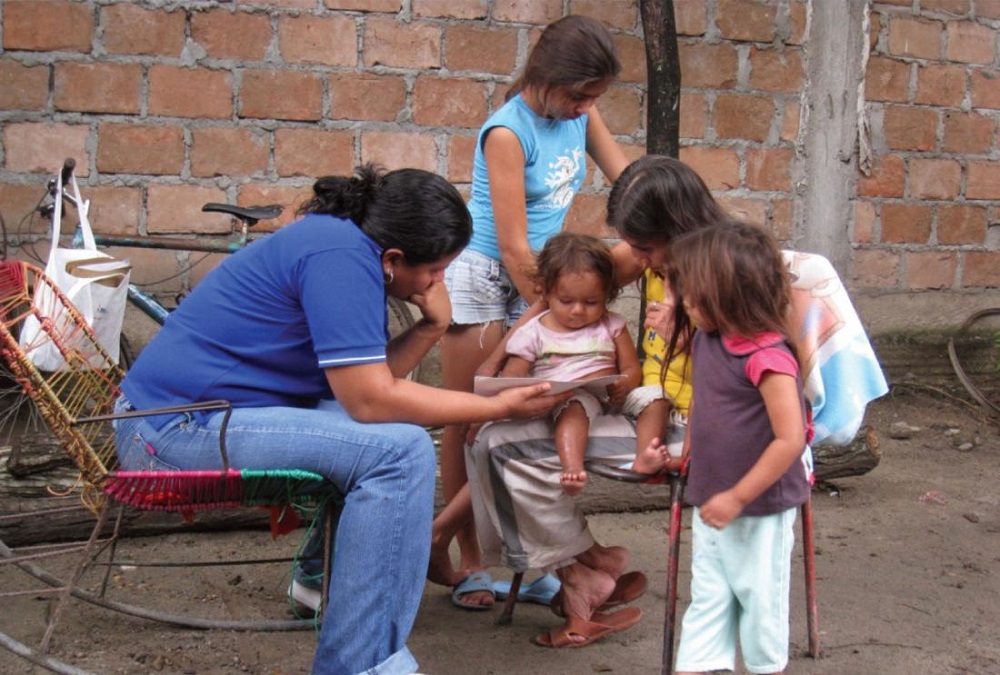Early childhood is a critical period for growth and development, and the provision of quality healthcare during this time has a profound impact on a child’s long-term well-being and success.
In this blog of Fikrah, the following points highlight the significant influence of early childhood healthcare on overall development:
The impact of early childhood healthcare on long-term development:
- Physical Development:
Regular check-ups, immunizations, and proper nutrition provided through early childhood healthcare promote healthy physical development. These measures ensure appropriate growth, prevent illnesses, and address any health conditions that may affect a child’s physical well-being.
- Cognitive Development:
Early childhood healthcare interventions contribute to cognitive development. By identifying and managing health conditions that impact learning abilities, healthcare professionals help lay the foundation for optimal brain development. Proper nutrition, immunizations, and routine screenings further support cognitive growth.
- Emotional and Social Development:
Through healthcare visits, children and parents establish trusting relationships with healthcare providers. This interaction offers guidance on age-appropriate social and emotional development, fostering positive behaviors and healthy parent-child relationships.
- School Readiness:
Early childhood healthcare plays a crucial role in preparing children for school. Regular check-ups identify and address health conditions that may hinder learning. Immunizations protect against preventable diseases, minimizing school absences and ensuring full participation in educational activities.
- Preventive Care and Long-term Health:
Early childhood healthcare emphasizes preventive care, reducing the risk of chronic diseases in the long run. Immunizations, screenings, and healthy lifestyle guidance lay the foundation for a lifetime of well-being.
- Parental Education and Support:
Healthcare professionals provide parents with valuable education and support. Parents receive guidance on nutrition, safety, hygiene, and age-appropriate activities, empowering them to make informed decisions and promote their child’s development effectively.
- Early Identification of Developmental Delays:
Early childhood healthcare facilitates the early detection of developmental delays or disabilities. Timely intervention and access to specialized services improve outcomes and minimize long-term consequences. Regular developmental screenings enable the identification of areas requiring further support.
- Lifelong Health Habits:
It instills healthy habits that carry into adulthood. Encouraging nutritious eating, regular physical activity, good hygiene practices, and routine healthcare visits establish a strong foundation for lifelong health and well-being.
Conclusion:
Investing in early childhood healthcare has a lasting impact on a child’s long-term development. It supports physical, cognitive, emotional, and social growth, prepares children for school, promotes preventive care and long-term health, offers parental education and support, facilitates early identification of developmental delays, and cultivates lifelong health habits.
By prioritizing early healthcare, we provide children with the best possible start in life, enabling them to thrive and reach their full potential in the years to come.
Click here to know more about “Early Childhood Care and Education for Growth Goals”

